President Prabowo & Foreign Policy
Photo Credit: thediplomat.com
President Prabowo Subianto's early months in office have revealed an ambitious and dynamic approach to Indonesian foreign policy, marking both continuity and change from his predecessor, Joko Widodo. While maintaining Indonesia's traditional "free and active" foreign policy doctrine, Prabowo has demonstrated a more assertive and personally engaged diplomatic style that seeks to position Indonesia as a key global player while carefully balancing relations between major powers.
Unlike Widodo's predominantly inward-focused approach, Prabowo has emerged as an energetic diplomatic actor. Within weeks of his inauguration in October 2024, he embarked on an extensive international tour spanning six countries across four continents, including pivotal visits to both China and the United States. This hyperactive diplomacy reflects his vision of Indonesia as a potential power broker in an increasingly complex global landscape.
However, this ambitious foreign policy has already generated controversy. A memorandum of understanding signed with China regarding the South China Sea raised concerns among ASEAN neighbors, particularly the Philippines, who viewed it as potentially undermining the regional bloc's unity in maritime disputes. The agreement's reference to "overlapping claims" appeared to contradict Indonesia's long-standing position that it is not a party to South China Sea disputes, though Indonesian officials quickly moved to clarify that the country does not recognize China's maritime claims.
Prabowo's administration has also indicated interest in joining BRICS, the economic group including Brazil, Russia, India, China, and South Africa. This move, coupled with Indonesia's concurrent pursuit of OECD membership, exemplifies Prabowo's strategy of maintaining multiple alignments to serve national interests. However, this approach faces potential challenges, particularly with the incoming Trump administration threatening punitive measures against countries adopting BRICS initiatives.
The new president's foreign policy is distinctly shaped by his personality and leadership style. His appointment of Sugiono, a relatively inexperienced former aide, as Foreign Minister suggests a preference for direct control over foreign policy decisions. This personalistic approach has raised concerns about potential disconnects with Indonesia's professional diplomatic corps and established foreign policy positions.
At home, Prabowo has emphasized that foreign policy must serve domestic priorities, particularly economic development and poverty reduction. Foreign Minister Sugiono has articulated this position, stating that Indonesia will "create more alignments in the economic sense to create prosperity for our people" while maintaining non-alignment in broader geopolitical contests.
Despite concerns about the coherence and implications of certain policy decisions, Indonesia's foreign policy remains fundamentally "free and active." The challenge lies in executing this approach effectively while managing domestic priorities, regional relationships, and global expectations. As Indonesia approaches the 75th anniversary of diplomatic ties with China in 2025 and navigates evolving relationships with various international partners, the success of Prabowo's foreign policy will depend on his administration's ability to maintain this delicate balance while advancing the country's strategic interests.
Sources:
https://globalasia.org/forum/on-foreign-policy-prabowo-goes-it-alone_yohanes-sulaiman
https://www.lowyinstitute.org/the-interpreter/indonesian-foreign-policy-still-free-more-active
https://www.chinadaily.com.cn/a/202412/01/WS674c43d2a310f1265a1d06ee.html
https://thediplomat.com/2024/03/what-prabowos-victory-means-for-indonesian-foreign-policy/

POLITICS
DECEMBER 16, 2024
We need your consent to load the translations
We use a third-party service to translate the website content that may collect data about your activity. Please review the details in the privacy policy and accept the service to view the translations.

